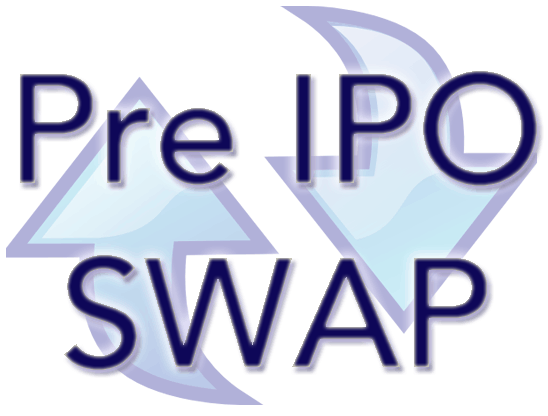From PitchBook
The stock market has welcomed its first self-driving vehicle company: TuSimple crossed the milestone after ringing the bell at the Nasdaq exchange on Thursday.
The company raised more than $1.35 billion after selling 33.8 million shares at $40 apiece. The stock ended its first day unchanged from the IPO price, giving TuSimple a fully diluted value of more than $9 billion. The autonomous vehicle maker was said to be valued at $1 billion in a 2019 funding round.
Sina CEO Charles Chao, who is TuSimple’s largest investor, sold $270 million worth of shares in the IPO. The sale represented about a fifth of Chao’s holdings in the company, which he owns through an entity called Sun Dream.
Composite Capital owns shares worth $458 million, and strategic investor Navistar owns a $409 million stake.
The IPO wasn’t a simple cash grab, as the company currently has more than $500 million on its balance sheet and recently raised a reported $350 million in Series E funding. The decision also wasn’t for lack of options: TuSimple has been approached by several blank-check companies, TuSimple CFO Pat Dillon said.
“It was important to us … to be able to educate the public investors about what it takes to succeed in bringing an autonomous vehicle to market—and developing, in our case, an autonomous freight network,” Dillon explained.
The traditional IPO process offered that education opportunity as well as more transparency, he added.
TuSimple is aiming to operate its trucks without backup drivers by the end of this year. It wants to begin production of a self-driving fleet by 2024.
The purpose-built trucks will be kitted out with custom hardware and manufactured in partnership with investor Navistar, which was bought last year by Traton, the trucking arm of Volkswagen. TuSimple’s trucks will only operate on pre-mapped routes, which can include off-road areas like industrial parks.
There are several reasons to believe that self-driving trucks may become widely adopted before other applications like robotaxis and last-mile delivery, said Asad Hussain, an emerging tech analyst at PitchBook. For starters, long-haul shipping routes offer far less complexity than urban environments.
“It’s a much more structured environment,” Hussain said.
Self-driving trucks are likely to be substantially safer than human-operated ones, meaning that regulations may help rather than hinder their development. They also promise to address the chronic shortage of truck drivers in the US, which has led to wage increases.
The autonomous systems can operate for close to an entire day and could be better for the environment. TuSimple claims that its tech can decrease fuel consumption by 10% when compared to a human driver, reducing both CO2 emissions and fuel costs.
Beyond the tie-up with Navistar, TuSimple is working with UPS, German vehicle tech company ZF and Aeva, a maker of frequency-modulated continuous wave light detection and ranging. FMCW lidar is being touted as a superior option for long-range sensing, and self-driving rival Aurora has invested heavily in the space.
TuSimple may need all the help it can get given its formidable competition, Hussain said. Waymo‘s Via division is targeting the trucking industry, as are Aurora and other self-driving rivals Embark and Plus.
“We’re not naive. This is a huge market. It would never make sense for this to be a winner-takes-all-market,” TuSimple’s Dillon said. “But that’s okay. It’s an $800 billion market in the US and a $4 trillion market globally.”
SIGN UP